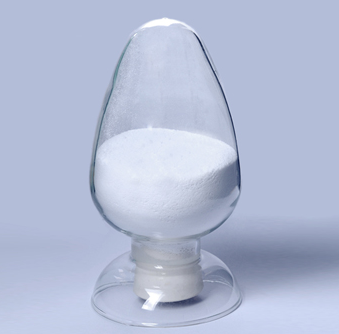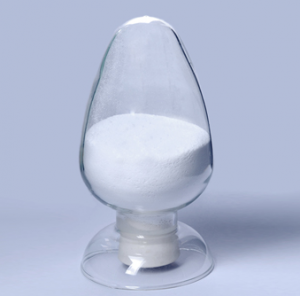描述
Product Description: L-Cysteine Hydrochloride Anhydrous
Product Alias: Cysteine HCl, Cys-HCl
Appearance: L-Cysteine Hydrochloride Anhydrous is a white crystalline powder.
Character: L-Cysteine Hydrochloride Anhydrous is odorless and has a slightly acidic taste. It is highly soluble in water.
Category: L-Cysteine Hydrochloride Anhydrous falls under the category of amino acids and is classified as a non-essential amino acid.
Chemical Formula: C3H7NO2S·HCl
Product Overview: L-Cysteine Hydrochloride Anhydrous is a derivative of the amino acid cysteine. It is a crystalline powder that is widely used in various industries, including the pharmaceutical industry. L-Cysteine Hydrochloride Anhydrous is valued for its unique properties and versatile applications. It is known for its antioxidant properties and its role in protein synthesis.
Applications in the Pharmaceutical Industry: L-Cysteine Hydrochloride Anhydrous finds applications in the pharmaceutical industry due to its various therapeutic properties and functional benefits. Here are some key applications of L-Cysteine Hydrochloride Anhydrous in the pharmaceutical industry:
-
Antioxidant: L-Cysteine Hydrochloride Anhydrous is a potent antioxidant that helps protect cells from oxidative damage caused by free radicals. It can scavenge harmful reactive oxygen species and reduce oxidative stress. L-Cysteine Hydrochloride Anhydrous is used in pharmaceutical formulations to enhance the stability and shelf life of drugs and to support overall cellular health.
-
Protein Synthesis: L-Cysteine Hydrochloride Anhydrous is an essential component in the synthesis of proteins. It provides the necessary building blocks for the formation of disulfide bonds, which are crucial for the structural integrity and function of proteins. L-Cysteine Hydrochloride Anhydrous is used in the production of pharmaceutical drugs and supplements to support protein synthesis and promote proper cellular function.
-
Mucolytic Agent: L-Cysteine Hydrochloride Anhydrous has mucolytic properties, meaning it can help break down and thin mucus. It is used in pharmaceutical formulations for the treatment of respiratory conditions such as chronic obstructive pulmonary disease (COPD), bronchitis, and cystic fibrosis. L-Cysteine Hydrochloride Anhydrous helps improve mucus clearance and alleviate symptoms of respiratory congestion.
-
Detoxification: L-Cysteine Hydrochloride Anhydrous plays a role in the detoxification process by supporting the synthesis of glutathione, a powerful antioxidant and detoxifying agent in the body. Glutathione helps neutralize and eliminate harmful toxins and heavy metals. L-Cysteine Hydrochloride Anhydrous is used in pharmaceutical formulations to support liver health and aid in the detoxification process.
-
Wound Healing: L-Cysteine Hydrochloride Anhydrous is involved in the synthesis of collagen, a protein that is essential for wound healing and tissue repair. It promotes the formation of new connective tissue and helps accelerate the healing process. L-Cysteine Hydrochloride Anhydrous is used in pharmaceutical formulations for topical applications to support wound healing and tissue regeneration.
In conclusion, L-Cysteine Hydrochloride Anhydrous is a versatile compound with various applications in the pharmaceutical industry. Its antioxidant properties, role in protein synthesis, mucolytic effects, detoxification support, and wound healing properties make it a valuable ingredient in pharmaceutical formulations.

